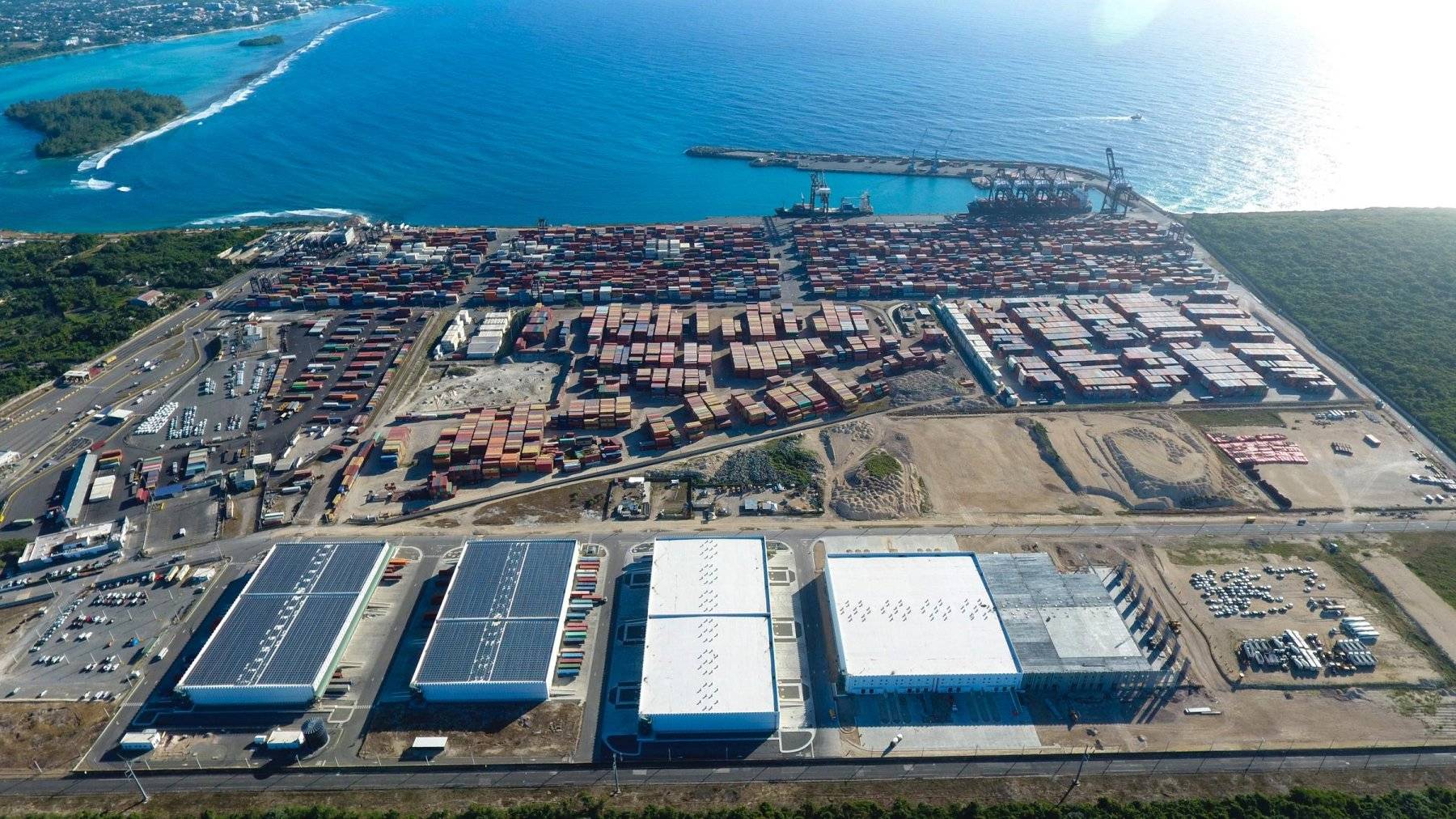Cost efficiency in international supply chains might seem like a herculean task, but there are tools at our disposal that turn challenges into opportunities. Among these, financial products such as credit cards with rewards and points hold untapped potential for logistics and supply chain managers. The key lies in wielding them not just for expenditures but as strategic assets.
Unlocking the value of these financial instruments requires insight and finesse. It's about identifying which products align with your operational expenses and then leveraging those benefits to chip away at costs. Imagine offsetting freight charges by simply rerouting your usual spending through reward-rich cards, for instance—this is the art of cost-efficient supply chain management that we'll explore here.
Scouting the financial terrain: a holistic approach
Within the dynamic domain of international logistics, financial acumen equals cost-efficiency. It starts with dissecting your cash flow to identify opportunities hidden within routine expenses.
Here's a more holistic strategy to fortify your supply chain finances:
- Audit Your Outflows. Scrutinize where dollars are spent most. This could span from office supplies to overseas shipping fees (such as when shipping from Spain to Singapore).
- Credit Card Strategizing. Match high-expenditure categories with credit card rewards and points that tackle those exact costs. If you heavily spend on gas and groceries, for example, consider getting the AT&T Points Plus Card. You can earn ThankYou points on all your purchases and even combine them with points earned from other Citi ThankYou points cards.
- Explore Trade Lines and Terms. Examine trade credit options that can extend your payment terms without additional cost, effectively giving you a short-term loan that can ease cash flow.
- Consider Invoice Financing. Turn outstanding invoices into immediate capital to keep goods moving without delay.
- Harness Currency Hedging Instruments. Minimize the risk associated with foreign exchange fluctuations—a sometimes overlooked but significant source of financial strain.
This framework isn't just about selecting the right credit card; it's about building a comprehensive arsenal. From reward-rich financial products to strategic lines of credit and hedging tools, each element is vital in crafting a robust defense against operational expenditure erosion.
Strategic deployment of financial products in cost reduction
In the intricate dance of international supply chains, every cent saved is a step toward operational elegance. Utilizing financial products astutely can choreograph efficiency across your supply chain expenses.
Maximizing reward points to mitigate freight costs
It starts with a simple shift in perspective—viewing your credit card as a strategic partner rather than just a payment method. Let's say you're tasked with settling formidable freight bills. By channeling these payments through reward-accruing credit cards, you earn points that translate into direct savings or benefits for future transactions.
Navigating foreign exchange fees with finesse
When trading across borders, managing foreign transaction fees is crucial. Select financial tools designed to minimize these charges or offer cash back on such transactions, turning an inevitable cost into an unexpected return.
Harnessing early payment incentives
Supply chain managers often overlook the power of early payment discounts offered by vendors. With the right mix of cash-back credit cards and revolving lines of credit, there's room to negotiate better terms while maintaining liquidity—a double win.
Leveraging volume spend bonuses
The more you spend, the more you stand to gain—if spending is strategic. Bulk fuel purchases and frequent shipments can accumulate sizable rewards if funneled through certain cards offering volume bonuses or tiered point systems tailored for high-spend scenarios.
These are not merely theoretical applications; they're actionable tactics that redefine how we handle supply chain finances.

A leaner bottom line
This pursuit of efficiency means actively seeking and leveraging the right mix of financial products. By focusing on volume spend bonuses, logistics professionals can negotiate for bulk discounts or reap rewards that chip away at future costs.
Integrating cash flow management tools
Equally important is the incorporation of cash flow management tools. Credit lines with favorable repayment terms can serve as a buffer during tight cycles, ensuring you have the capital to grab early-payment discounts without stifling your operational liquidity.
Smart application of points toward business expenses
Got points? Put them to work. Apply accumulated rewards towards travel expenses for your international buyers' visits or trade show attendances. These are not just savings; they're reinvestments into activities that drive growth.
When masterfully applied, these strategies are more than cost-saving tactics—they're a paradigm shift in managing supply chain finances. By harnessing the multiplicative effects of strategic credit card use, cash-back programs, and financial hedging instruments, supply chain managers transform everyday transactions into fuel for their enterprise's engine—driving down costs while propelling business forward.
If you are looking for digital logistics products with seamlessly integrated financial instruments, please pay attention to such products as Logistics Explorer and send us info about your needs so that the SeaRates IT department can take care of it.
An example of how a credit card can be effectively utilized within the logistics industry
Consider the savvy logistics manager of an import/export business who eyed an opportunity within his pattern of hefty monthly freight invoices. He secured a credit card with a robust rewards program offering 2% cash back on all purchases. By directing these consistent, sizable expenses through the card, he not only earned substantial cash back each month but also leveraged this liquidity to negotiate early payment discounts with shipping vendors—effectively reducing costs on two fronts.
His mastery didn't stop there; accumulated points were then reinvested in essential business travel, converting what was a routine operational cost into strategic, value-adding activity. The result? A leaner operation with more room for growth and innovation.
That example should demonstrate how you yourself can leverage financial products for cost-efficiency in international supply chains.
Takeaway
In conclusion, the strategic use of financial products within international logistics can yield significant cost efficiency and elevate a company's operational prowess. Here are some key points to remember:
- Identifying spending patterns is critical; align them with credit cards that offer tailored rewards.
- Utilize points strategically to offset operational expenses, like freight costs or business travel.
- Embrace early payment discounts and volume bonuses to enhance cash flow and reduce expenditure.
- Leverage cash back on foreign transactions to mitigate the sting of international fees.
The case study given underscores this approach's effectiveness—demonstrating how proactive financial maneuvers can turn routine payments into opportunities for growth.
For supply chain managers looking to navigate today’s challenging economic waters, these insights are not just helpful; they're essential rudders toward profitability.


